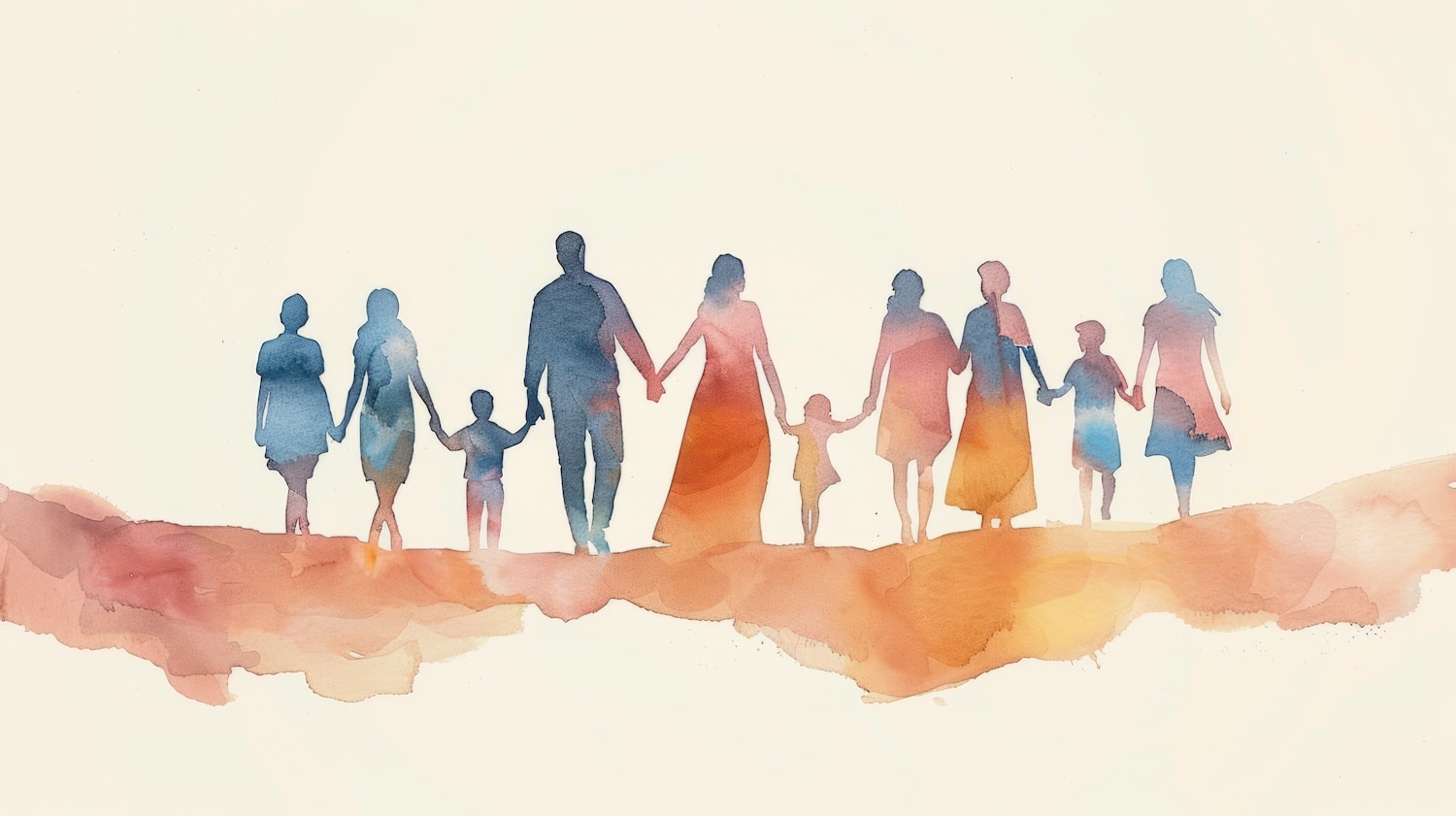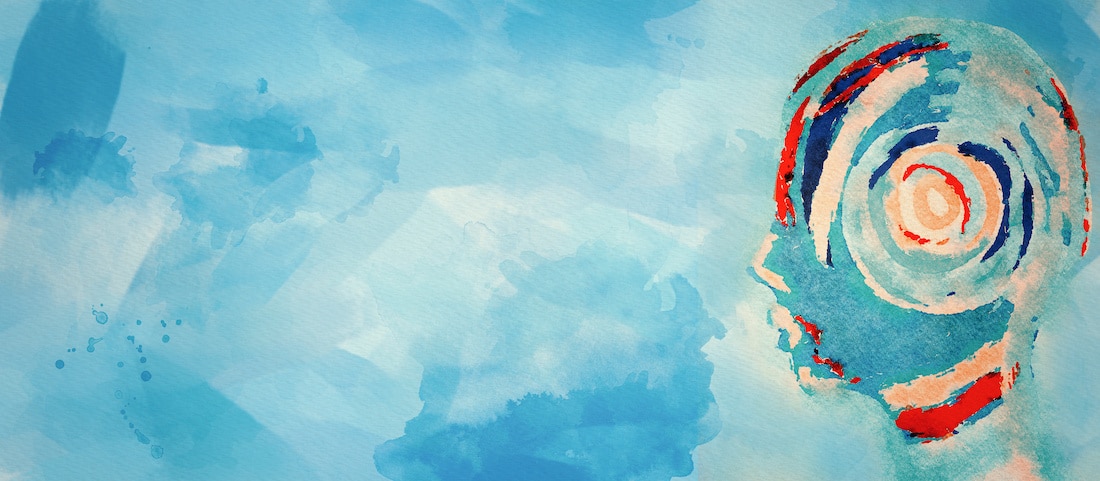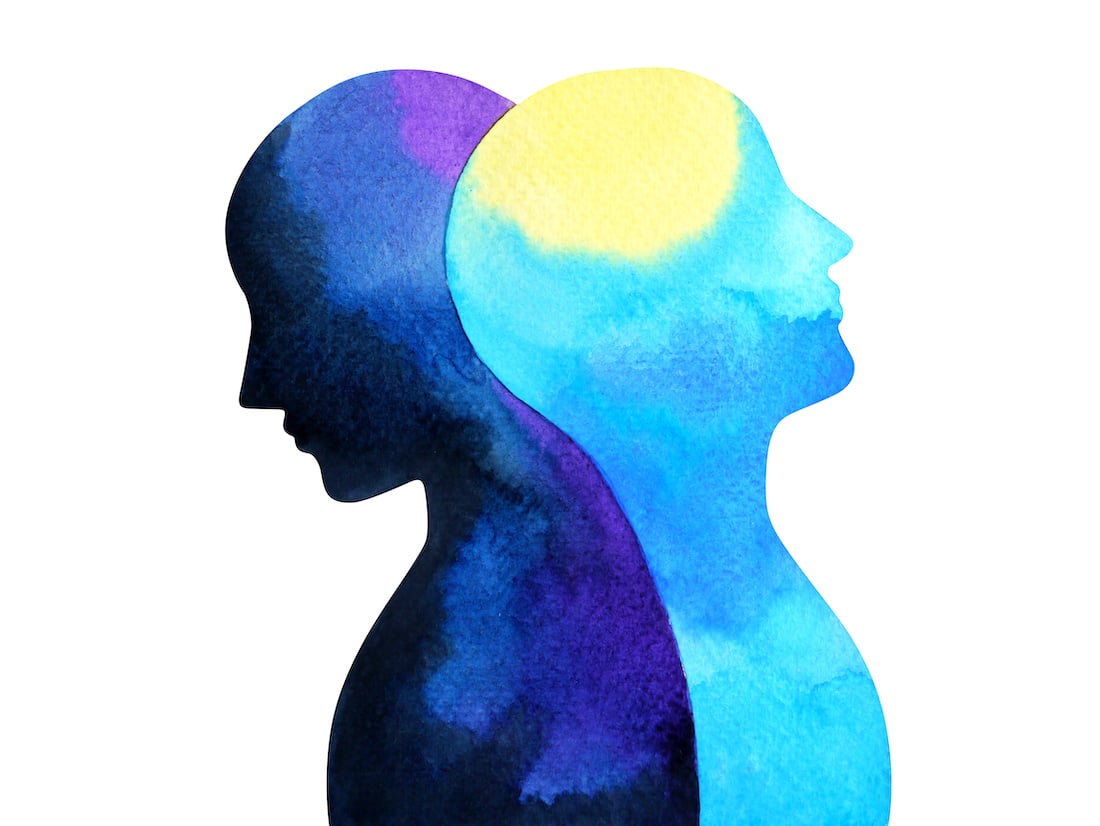It’s long been assumed that creativity and mental illness go hand-in-hand. In truth, there is no current scientific proof of a definitive link between mental health disorders and creativity. There are many studies that suggest a higher percentage of artists suffer from bipolar disorder and schizophrenia, and there’s even a study which indicates that creative people have a higher percentage of close relatives who suffer from conditions of psychosis. These studies seem to emphasize that there might be a genetic link between mental disorders, such as manic depression and psychosis, and creativity. The Stanford Journal of Neuroscience published an excellent article, Mental Illness and Creativity: A Neurological View of the “Tortured Artist” that offers further information on studies and research in this area.
Proving the Theory
With such a large amount of research and anecdotal evidence, it would seem this popular assumption would be easy to prove. It’s actually quite elusive because it’s hard to quantify what “creativity” is exactly, and mental disorders are equally difficult to pin down. Many of the studies focus on figures of the past who were not diagnosed with disorders in their lifetime, because the science of psychiatry was just not available at the time. Add to this, most of these studies focus on creativity in people who make their living creatively, but there’s no way to know how many people are actually creative that don’t pursue it professionally.
Basically what we’re left with is a theory that makes sense, but can’t be scientifically proven.
What Do We Know About Creativity And Mental Illness?
The Stanford Journal of Neuroscience’s article we pointed to above discusses this thoroughly, but many artists who also suffer from mental disorders believe their illnesses positively influence their artwork. There is scientific evidence to support the idea that disorders such as manic depression have similar neurological markers to the process of creative thinking. The current discussion is on ethical treatments of these disorders and whether sufferers who believe their artwork will be negatively effected by eliminating the symptoms of the illness might actually be correct.
Art and Creative Therapy for Mental Illness
Art and creative endeavors have long been used in the treatment of mental illness as a means to help sufferers find another outlet to communicate. Art therapy as a formal part of the psychological treatment of sufferers has really only become prominent in the last few decades, but it is found to be beneficial in assessment and treatment techniques.
Art therapy can range from painting and drawing to writing and crafting activities, such as decoupage, but the focus is in examining the patient’s inner feelings and emotions, rather than simply capturing an image. The treatment can be beneficial for every age and a wide range of mental health conditions.
Pasadena Villa programs set out to create a comforting and therapeutic environment. We do things a normal family would do. Our staff and residents learn and model appropriate social and communication skills, from daily mealtimes, to many fun and relaxing arts and crafting activities.
Our mental health professionals work directly with residents. They observe them in actual social situations and incorporate these observations directly into the resident’s ongoing treatment plan. This individual real life personalized attention makes the Pasadena Villa treatment experience more appropriate, relevant and beneficial for each of our residents, especially when compared to any other available adult residential treatment mental health services. As one of the very first programs in the country to base its treatment upon Social Integration, our mental health facilities offer help through a unique mix of individualized therapy and group residential programs with a clear focus towards achieving more independent living.
Pasadena Villa’s Smoky Mountain Lodge is an adult intensive psychiatric residential treatment center for clients with serious mental illnesses. We also provide other individualized therapy programs, step-down residential programs, and less intensive mental health services, such as Community Residential Homes, Supportive Housing, Day Treatment Programs and Life Skills training. Pasadena Villa’s Outpatient Center in Raleigh, North Carolina offers partial hospitalization (PHP) and an intensive outpatient program (PHP). If you or someone you know may need mental health services, please complete our contact form or call us at 407-215-2519 for more information.
SOURCES:



